Updated on 13 January 2023 the dates for WCEF2023.
“Partnerships and collaboration are essential. Any action taken domestically will affect others globally. Therefore, we need to establish partnerships,” said Jeanne d’Arc Mujawamariya, Rwanda’s minister of Environment.
Sharing information and best practices can allow countries to develop impactful and coherent circular economy policies.
Regional alliances can spur the transition to a circular economy
The fifth edition of WCEF2022 explored greater collaboration at regional and global levels. It also explored how countries can develop impactful and coherent circular economy policies.
New forms of collaboration, such as regional alliances, can help to develop such policies.
“When we think about innovation, we often think business. But we also need innovation in policies,” said Amelia Kuch, policy insights manager at Ellen MacArthur Foundation.
On the African continent, a key circular economy player is African Circular Economy Alliance ACEA, a coalition of African nations. Their mission is to spur Africa’s transformation to a circular economy that delivers economic growth, jobs and positive environmental outcomes.
Joining regional alliances can help governments to take a more holistic and strategic approach to the circular economy.
“We need to formalise the best practices under one roof, which is ACEA,” said Kgauta Sylvester Mokoena, chief director at the department of Forestry, Fisheries and the Environment of South Africa.
“We still have far too few forums in which we can get into the detail of how we can build the circular economy with the right kind of design and financing. Everything we do must be based on research that goes in deeper than the surface. The transition must be fast, but also just,” concluded Ramona Liberoff, executive director at the Platform for Accelerating the Circular Economy (PACE).
The transition must be fast, but also just.
How to free up financing for the circular economy in Africa?
Investing in the circular economy can drive innovations that transform whole societies. Still, access to finance remains a barrier.
Africa faces challenges with limited experience in green finance and low local financing capacities. For startups and SMEs, the challenge is often to get started: how to get the first round of financing? Locally based green banks can help.
The financial sector has an important role in the transition to a circular economy, but supporting policy is crucial, too. The regulatory framework and incentives must be set so that they allow businesses to develop their business case.
The regulatory framework and incentives must be set so that they allow businesses to develop their business case.
Institutional partners, such as development banks, can accelerate the circular transition by taking an enabling role.
For example, the African Development Bank (AfDB) has set up a sustainable energy fund and a climate change fund for Africa. Also, a circular economy multi-donor trust fund called the African Circular Economy Facility (ACEF) is operating under AfDB. It has seed-funding from the Finnish Ministry for Foreign Affairs and the Nordic Development Fund.
“For us as an investor, giving grants or refundable capital was simply not enough and not a good starting point. We have shifted our model to provide technical assistance, strategic connecting, market linkages and financing,” said Ada Marmion, director of partnerships at Africa Enterprise Challenge Fund.
At the discussion, it was brought up that the circular economy is not an extension of waste management, it is about using resources efficiently and advancing reusability.
To implement these solutions, the financial sector needs to be involved in the transition.
From Africa for a circular future
The final session focused on how disruptive technologies can lead the way to a circular economy in Africa, emphasising the importance of scaling local youth innovation. Several teams were awarded for their clever circular business ideas..
Michelle Defreese, senior officer at Global Green Growth Institute (GGGI), pointed out that there are many new technologies that can be applied to circular economy business models.
“We are really looking at how we can leverage different technologies such as blockchain and data science and data analytics. One of the institutes we work with here is AIMS, the African institute of Mathematical Sciences. We have been working with their students on different projects, like waste and resource projects, material flow analysis for plastics, and also life cycle analysis. This is something that could be done more,” she said.
Olivier Mbera, country general manager of Enviroserve Rwanda, a local company providing circular economy solutions in electronics, explained that the company has been able to repair more than 7,000 computers and use them at local schools.
Circular solutions are a way to create revenues for the company, but they can also make a positive impact on the society.
Circular solutions are a way to create revenues for the company, but they can also make a positive impact on the society.
“We have also been able to return more than 8,000 batteries to market. We are actually getting more revenues by applying these circular economy innovations,” Mbera said.
A fair and inclusive circular economy has to provide opportunities also for youth and women.
For that to happen we have to be really deliberate and intentional from a policy and enabling environment perspective,” said Aissa Touré Sarr, country manager for Rwanda at the African Development Bank AfDB.
Circular economy opportunities in Africa
New plans and new action
In her final remarks, Jeanne d’Arc Mujawamariya, Rwanda’s minister of environment, stressed the importance of collaboration. A just and inclusive circular economy requires co-ordination, sharing of knowledge and access to technology and innovation. These elements can help African countries harness their circular traditions for a sustainable future.
“Circular economy practises are deeply embedded in African culture. It is common knowledge of ancestors of Africans. It is nothing new,” she said.
Circular economy practises are deeply embedded in African culture. It is common knowledge of ancestors of Africans.
During the forum, we saw concrete steps towards a circular economy in Africa. Rwanda published their first circular economy action plan and road map. Cameroon joined the African Circular Economy Alliance (ACEA).
And on the second day of WCEF2022, African member states of ACEA published Kigali Declaration and Call to Action for a Circular Future, where they committed to act with determination and urgency to advance circular economy actions to address the existential threats and environmental crises of climate change, biodiversity loss and global pollution.
At the end, it was revealed that after a long circle around the world, the World Circular Economy Forum WCEF returns to the Nordics. The event, originating from Finland, will gather some of the leading circular economy players in the world to Helsinki from 30 May to 2 June 2023.
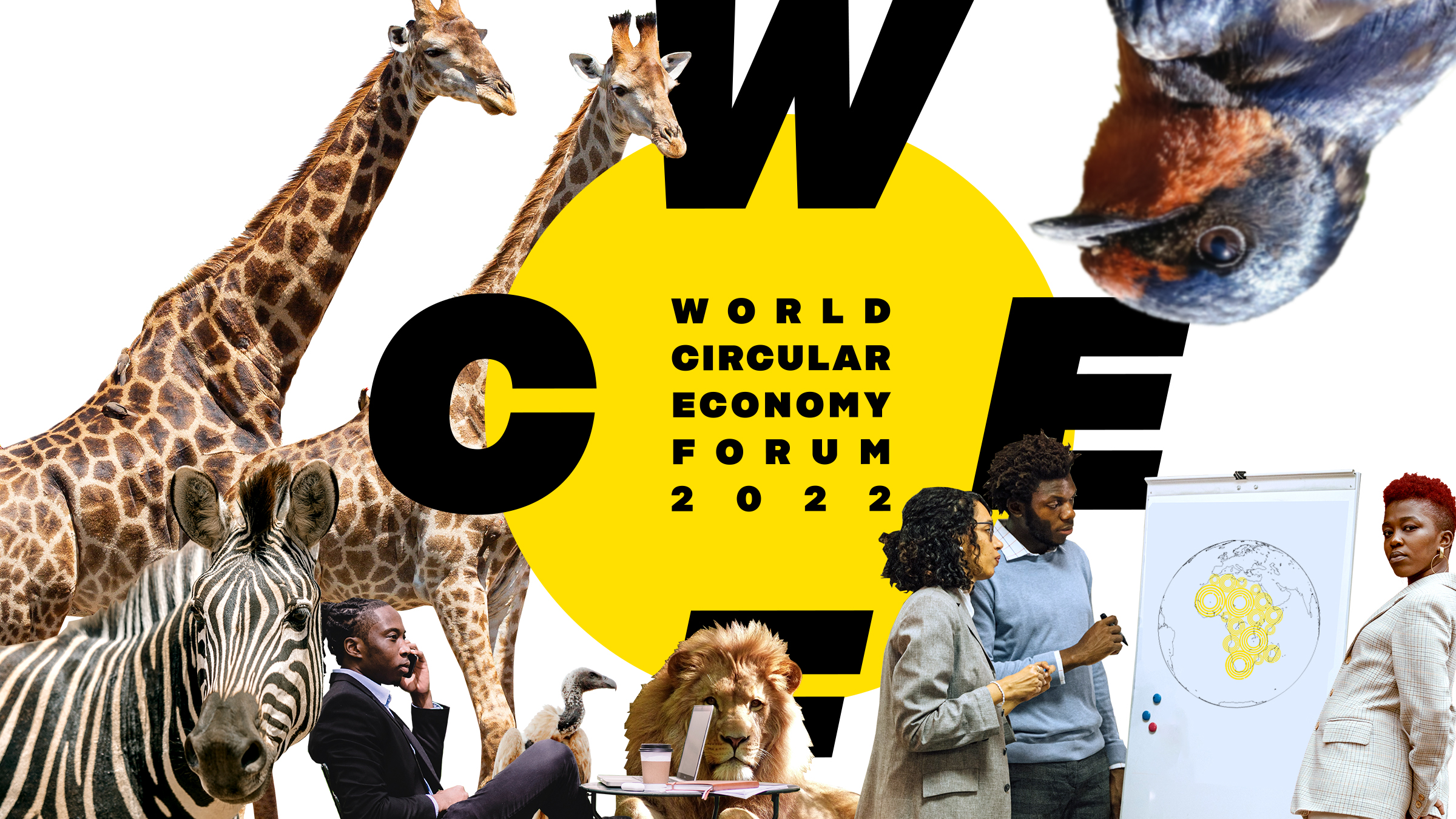
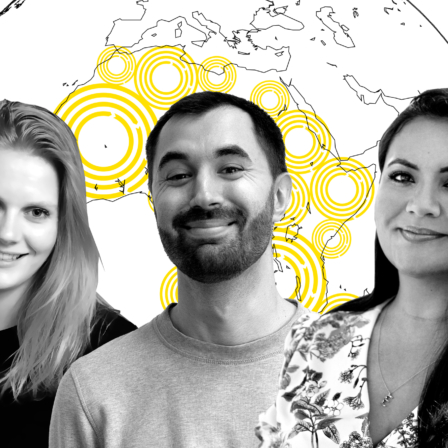
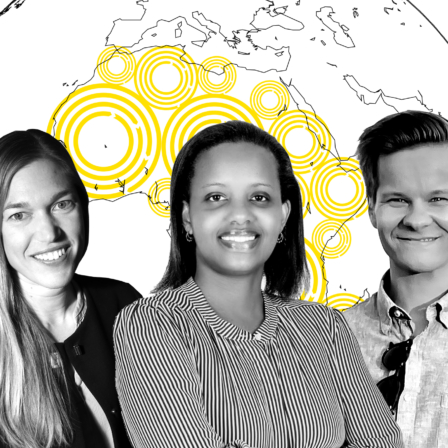

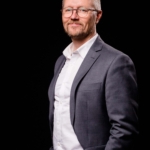

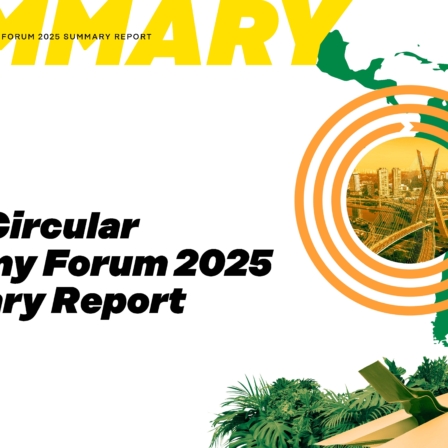
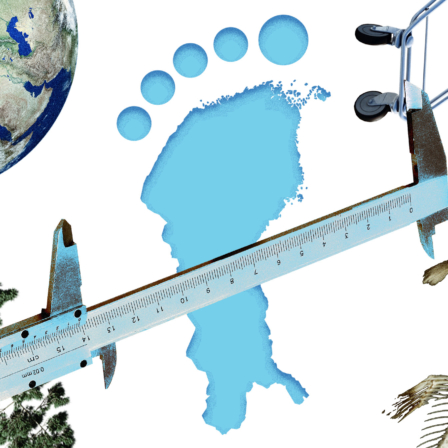

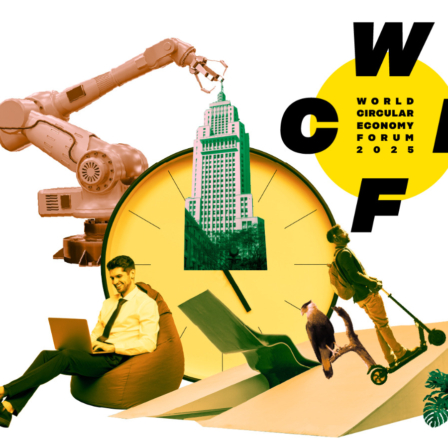
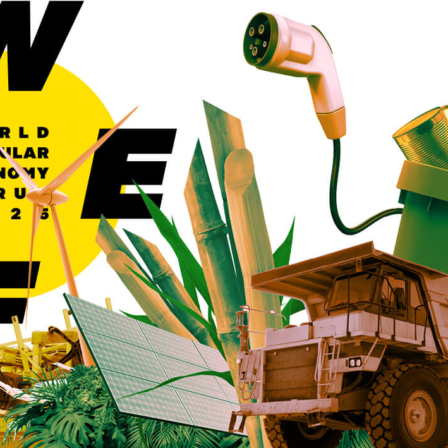


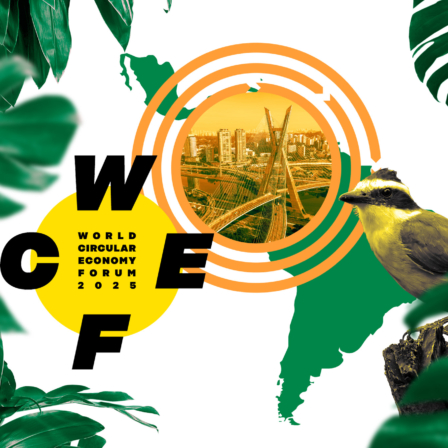







Recommended
Have some more.